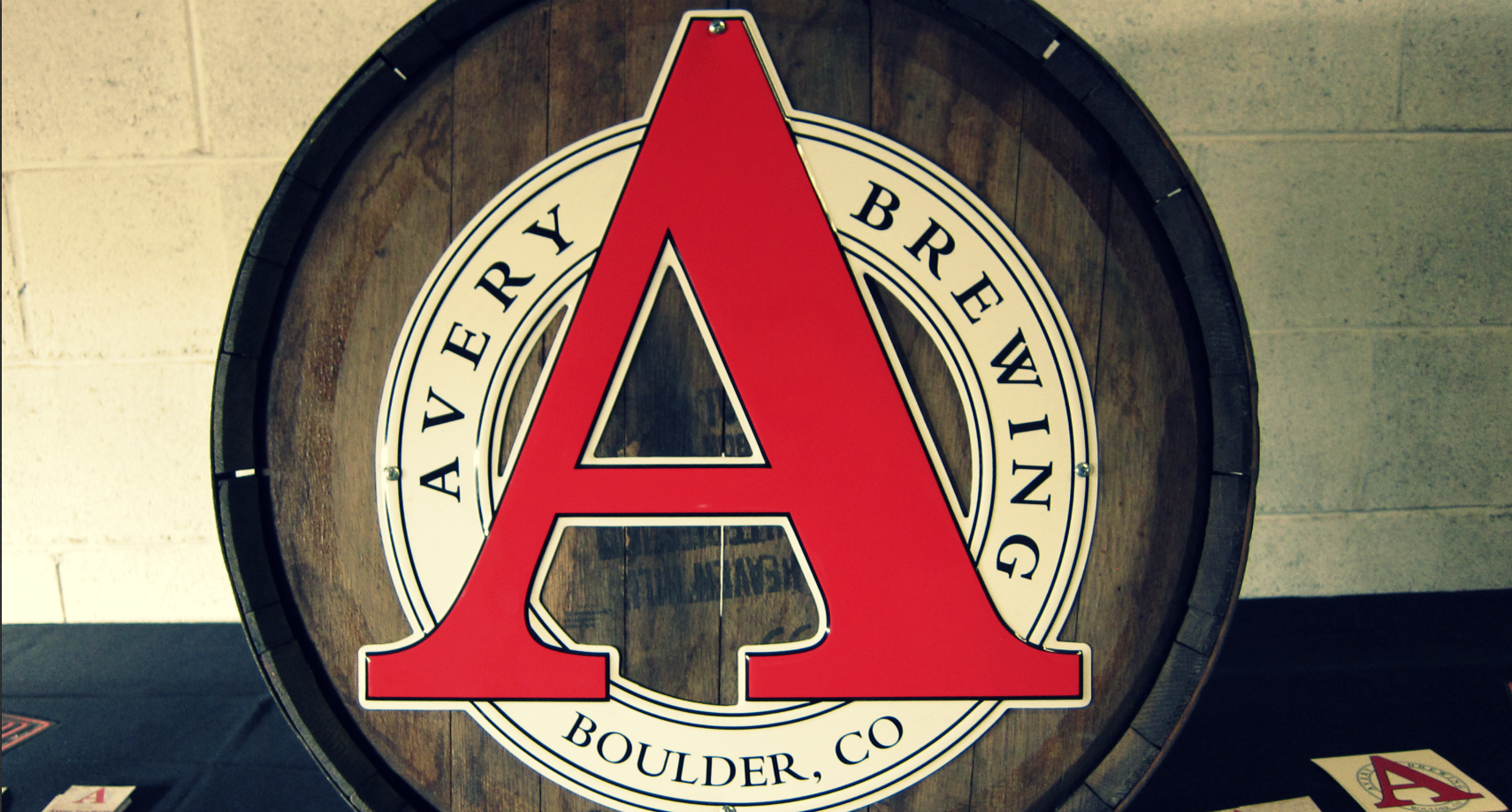Last week, two craft breweries announced investments in their brands from outside companies. Avery Brewing Co. from Colorado sold 30% of their company to Spanish beer conglomerate, Mahou San Miguel. A couple days later, an Austrailian craft beer brewery called Pirate Life announced that they had been acquired by AB InBev for a cool $7.6 million. While you might not have heard of Pirate Life yet, it has been on a fast rise from its 2015 opening to being named Australia’s best craft brewery by Beer Cartel in 2017. Both Avery and Pirate Life pointed to international growth as reasons why they chose to sell part or all of their companies. Both companies are now not considered craft beer, though that definition doesn’t apply to Pirate Life since they aren’t in the under the umbrella of the Brewers Association here in the states.
The Investor Matters
The sale (in part or all) of these two breweries also brings up the shifting gray area that exists between the different sort of investments that breweries seek to help themselves grow. The simple fact is that in order to grow any business there needs to be an influx of money. In terms of the beer industry, this money can come in a variety of ways but most often it comes from private investors/investment firms or the sale of part or all of the company to a larger beverage company. But not all beverage companies are created equal, and this is where the gray area comes in.
Avery selling a minority stake in their company to Mahou San Miguel just doesn’t seem to have the same negative connotations that selling your whole brewery to AB InBev does. Mahou San Miguel is a large beer company with mostly Spanish beers in their portfolio and they also own 30% of Founders. A quick google search of their name with some choice words (investigated, illegal, pay-to-play) turns up nothing. The same cannot be said for our good old friend, AB InBev.
AB InBev At It Again
In fact, this past week it was announced that there is yet another investigation into AB InBev for breaching EU competition laws in Belgium. Basically, beer costs more in Belgium than it does in the surrounding countries, especially the Netherlands. There are many retailers with stores in multiple countries and would use that advantage to offer the beer at lower prices because it could be transported from their warehouses outside of Belgium. AB InBev sought to stop the cross-border beer in a couple of different ways; by limiting the volume that exporting retailers could get on promotion and taking away incentives and holding back the most popular brands unless the retailer promised to not sell their supplies to their Belgian stores.
Furthermore, EU officials uncovered that AB InBev’s decision to switch to single-language labels in France and Netherlands, 4 years ago, was done so to prevent the export of these more inexpensive beers into Belgium where labels have to be in both Dutch and French.
AB InBev has a history of playing dirty, getting fined, paying the fine (because their yearly revenue is $45.5 billion), and doing it all over again. They are so big that they are nearly untouchable because they can pay any fine that is thrown their way with ease. This is why it’s a much more bitter pill to swallow when they buy yet another independent craft brewery. Yes, Pirate Life has a right to grow and will likely do so a faster rate now that they have been bought out by the biggest beer company in the world. Most of the people who drink Pirate Life will have no idea that they are supporting AB InBev. Life will continue on for all.
The Gray-Scale
In the end, selling your whole brewery vs. 30% is a huge difference and really are two ends of the brewery-sale-spectrum. While both are enough of a sale to be kicked out of the craft beer consortium, selling 30% to a beverage company with a decent reputation and no history of trying to cheat the craft beer market in the U.S., is what it is. Likely the beer won’t change much if at all and the people who build the brand will stay in place. Selling your whole brewery to a beverage company with the track record that AB InBev does, stings a little more and also says a little more about that brewery’s commitment to the craft. Who knows what will happen in a years time to not only the original staff but also the control at that point is totally up to AB InBev, no matter what the old owners say. As more and more craft breweries sell part or all of their company to continue their vision of growth (or to get a sweet payday), we have become more desensitized to the act itself. It also shapes the conversation moving forward to think about whether the distinctions between the ways that breweries grow. Being committed to craft and buying independent brewers is going to get hard as we move along in these times so maybe we will have to adjust our expectations a bit and not be afraid to wade into these gray waters.

